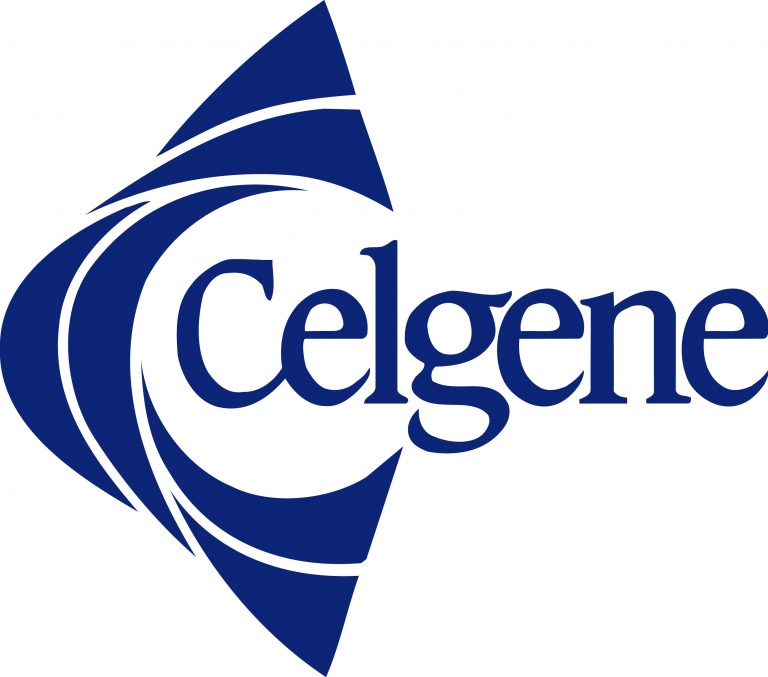
Buyouts are the order of the day in the biotechnology sector this week, with a couple of big-name acquisitions dominating market sentiment heading into the US open on Tuesday. Celgene Corporation (NASDAQ:CELG) leads the pack with its just reported acquisition of Juno Therapeutics Inc (NASDAQ:JUNO), while Novartis AG (NYSE:NVS) announced the successful completion of a tender offer to purchase all of the outstanding ordinary shares of Advanced Accelerator Applications S.A. (NASDAQ:AAAP).
Here is what’s important about each development.
Celgene and Juno
This is one that initially hit press during the middle of last week, when the Wall Street Journal reported rumors that the two companies were in talks and that a deal could be just around the corner. On the back of this early report, shares of Juno ran up to the tune of 42%, despite no clear indication, at that point, as to just how much Celgene might be willing to pay for the company if any deal went through.
Fast-forward just under a week and these rumors have proven valid.
Celgene just announced that it is to pay $87 a share for Juno, with the deal valuing the latter at around $9 billion.
From a Juno shareholder perspective, markets have responded positively to the development, of course. The company has risen to trade around the buyout price, which the market was able to prognosticate within a narrow range beforehand, with shares going for $86 apiece at market close on Monday.
From a shareholder Celgene perspective, the markets are not so sure. Celgene traded relatively flat into the market close with the immediate response rooted in the suggestion that the company might have overpaid for Juno and, in turn, might be taking too much of a gamble on the future impact of Juno’s portfolio of development assets on its top and bottom line.
Much of the value is rooted in a drug called JCAR017, a lymphoma asset markets expect will pick up approval at some point during 2019. It’s part of a family of drugs called CAR-T, which have the potential to change the way many cancers are treated. At this point, they remain relatively unproven, not necessarily in terms whether they work in an absolute sense, but rather whether the risks are worth the efficacy. CAR-T drugs are quite dangerous, a safety profile that could improve as the technology advances, hopefully.
Gilead Sciences, Inc. (NASDAQ:GILD) and Novartis both already have CAR-T assets approved in the US but, again, due to the high price of these drugs (six figures minimum annually), the efficacy in their target cancer populations is only one factor that’s going to dictate just how much they are worth to the companies that own them.
With that said, however, this isn’t the biggest deal of its type. The Gilead Kite deal during the middle of last year for $12 billion, primarily in order to gain access to the latter’s CAR-T asset, was larger, and in retrospect was evidence of these deals.
All eyes now turn to the JCAR017 development program. The success of failure of this program will determine whether the deal was ultimately a success or failure.
Novartis and Advanced Accelerator Applications
While not quite at the same scale of the Juno deal, this one is another multibillion-dollar deal.
The development will see Novartis subsidiary, Novartis Groupe France S.A., buy all of the outstanding ordinary shares, including those shares represented by American Depositary Shares, of Advanced Accelerator.
The deal is priced at $41 per share and $82 per ADS, both payable in cash, and values Advanced Accelerator (at these prices and based on shares outstanding including ADS) at just shy of $4 billion.
There is an ongoing offering period that is expected to close in around the end of January, during which tenders of ordinary shares and ADSs will be accepted.
The primary asset picked up as part of this buyout is called Lutathera, and it is targeting the treatment of patients with gastroenteropancreatic neuroendocrine tumors. The drug was already approved in your during September of last year but, subsequent to a new drug application (NDA) in the US, the FDA pushed the drug back requesting further data on the efficacy side of Lutathera’s program.
Advanced Accelerator complied, resubmitted and the FDA accepted the application for review back in August last year, setting a PDUFA date for the asset of January 26, 2018 – this week.
As such, the closing of this deal is timely for Novartis and suggests that the company has a high degree of faith in the FDA approving Lutathera come review date.
If you enjoyed this piece, also see: Here’s What’s Moving Axsome Therapeutics and Pain Therapeutics




